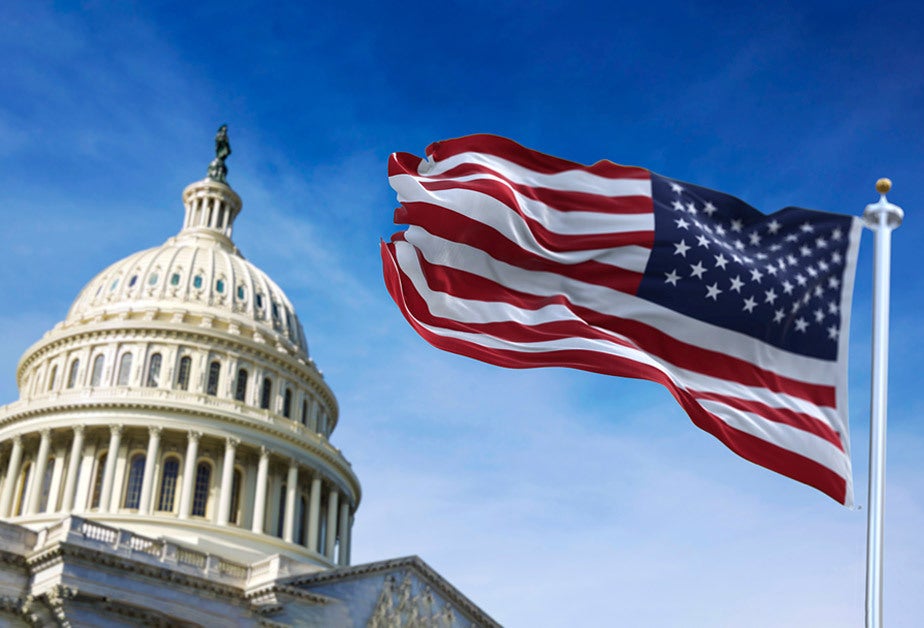The Executive Order on America’s Supply Chains calls for a two-part assessment. First, a 100-day review of critical industries prone to supply chain disruption: semiconductors, large-capacity batteries, pharmaceuticals, and rare earth materials. After this, a second review — conducted over the course of a year — will cover at least six additional sectors.
Safeguarding U.S. Supply Chains Against Crises
Biden’s order comes in the wake of widespread disruptions caused by COVID-19, in which many companies have been left without critical raw materials and components. However, the order goes beyond COVID-19; it is also intended to bolster the U.S. economy against climate change, cyber threats, and other long-term concerns. It is the first step in a response to systemic risks in globalization and outsourcing.
The Impacts on Global Trade
Revenue losses as a result of COVID-19 have driven home the need for U.S. businesses to reduce their dependence on global supply chains. The executive order validates this concern, underscoring the need for companies to have domestic sources for supplied goods.
Learn more about protecting profits in changing global markets. Download our guide, Digital Transformation & Transparency: An Executive Guide to Mitigating Supply Chain Risk.
More broadly, this order is the latest U.S. government action that signals a fundamental shift in American trade policy for foreign companies. Alongside recent trade tensions with China and the restriction of five new substances under the Toxic Substances Control Act (TSCA), the executive action is another sign that access to the world’s largest economy for those outside the U.S. will be contingent upon meeting regulatory requirements.
While the European Union (EU) has long made compliance a prerequisite for market access with legislation such as the Registration, Evaluation, Authorisation, and Restriction of Chemicals (REACH) Regulation, the U.S. approach constitutes a departure from past policy that emphasized free trade and open markets.
Future-Proofing Your Business With Assent
The executive order and changes in U.S. trade policy will have major short- and long-term impacts on companies across all sectors. Ultimately, it will require that businesses adopt technology to improve business-to-business (B2B) integrations and their responsiveness to regulatory change. Swift action and adaptation to emerging supply chain regulations will have an outsized impact on which businesses will retain and acquire new market share in the emerging regional trading blocs.
With Assent’s solution, you’ll scale your supply chain data management programs with emerging requirements. You’ll also gain full visibility into your suppliers and be prepared to quickly adapt in the event of widespread disruption.
To learn more about how Assent will help you transition to a more transparent and agile digital supply chain data management program, contact us today.










